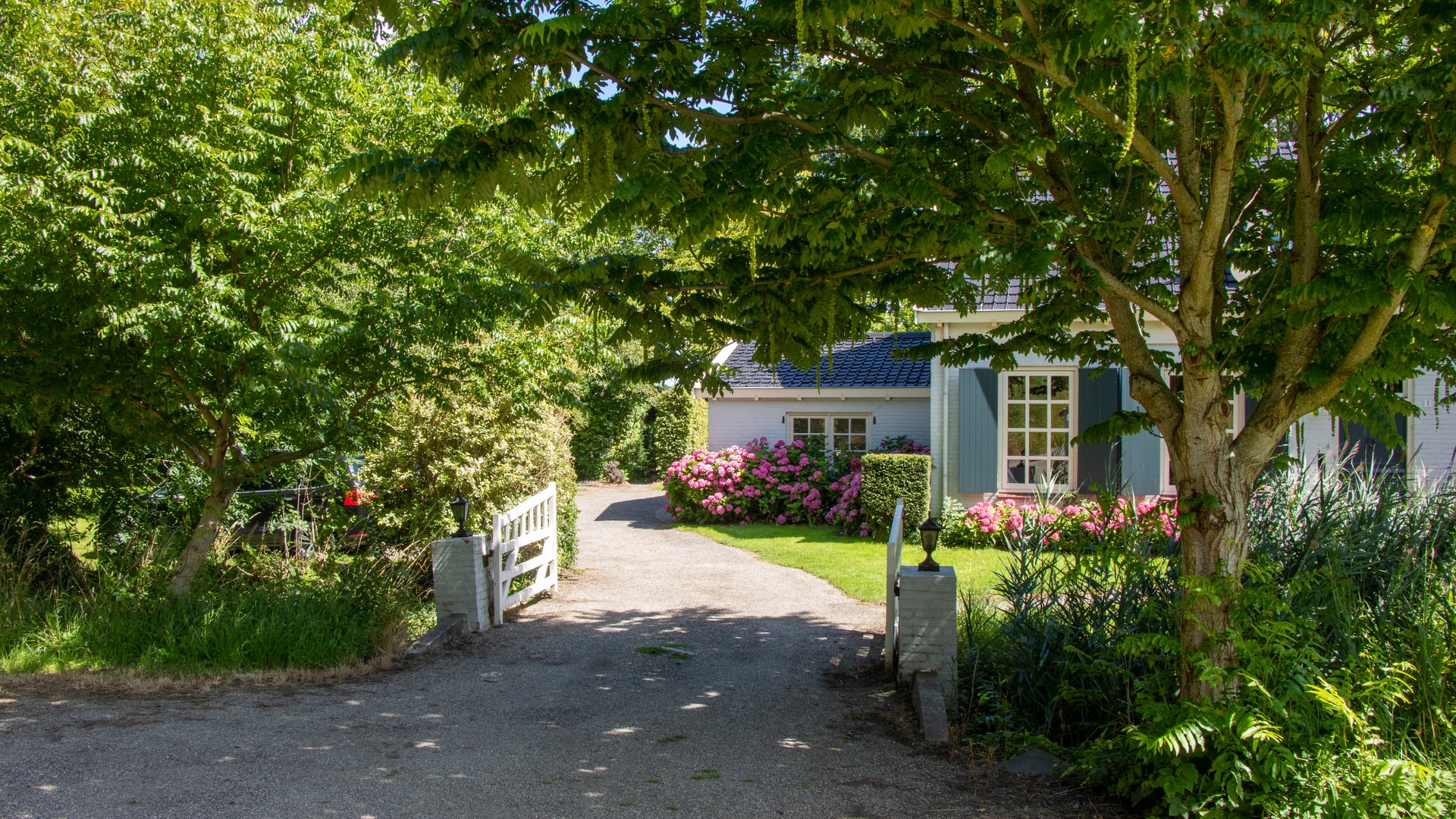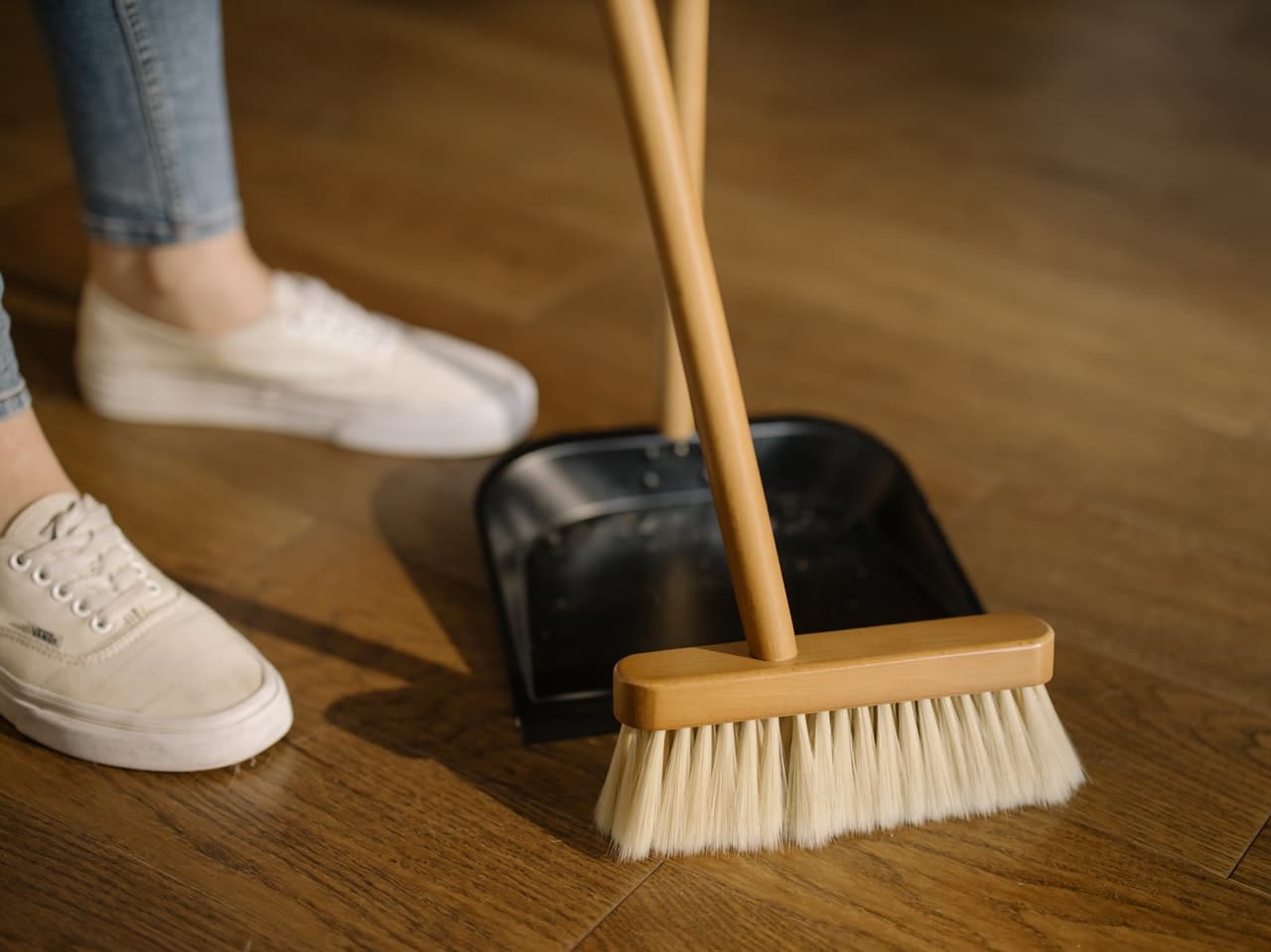
The Top Eco-Friendly Materials to Repave Your Driveway

Driveways are a low-maintenance part of your property, but they need some attention every so often. Repaving touches up cracks and weathering, which makes it an ideal renovation project. It becomes more of a challenge when you want your home to align with your sustainable lifestyle, but not if you learn about the top eco-friendly materials to repave your driveway.
There are many options at your disposal to extend the lifespan of your driveway without contributing to pollution. You won’t need to worry about frequent reapplication, and it will improve your home’s curb appeal.
1. Crushed Concrete
Concrete isn’t a naturally occurring material, but many homeowners rely on it for their driveways. It adds to water runoff that drains nutrients from your yard and creates carbon dioxide during production. Take advantage of leftover concrete at demolition sites by crushing and reusing it.
Crushed concrete includes material from sidewalks, building foundations and pavements that doesn’t serve a purpose anymore. It creates a driveway identical to traditional concrete, but the small holes allow water filtration so runoff doesn’t strip nutrients from the surrounding environment.
2. Natural Stone Pavers
Driveways can get a bit more character and benefit from a touch of creativity with natural stone pavers. Unlike cement versions that use interlocking edges to create driveways, stone pavers don’t require production which adds to atmospheric CO2. Instead, you’d use stone from quarries and allow some space between each paver.
This is one of the most eco-friendly materials because water runs between the pavers, and it’s all-natural. Find stones with different colors or veining to elevate your curb appeal.
3. Sealcoating for Asphalt
You might have an asphalt driveway that came with your house, although it’s not sustainable. Instead of paying for an expensive, unsustainable replacement material, look into an eco-friendly seal coat to make it last longer without adding to environmental pollution.
Traditional seal coats contain chemicals that seep into local ecosystems, but modern sealants also offer sustainable blends. A professional team can match you with a product designed to meet your priorities and prevent your driveway materials from ending up in a landfill.
4. Porous Concrete
Porous concrete is another option for homeowners who want a traditional driveway appearance without the carbon footprint. Permeable concrete prevents water runoff and requires less material to fill your driveway’s surface area. It cuts a few corners regarding production-related pollution and helps your neighborhood wildlife thrive.
Anyone living under strict homeowners association (HOA) guidelines can use porous concrete to abide by curb appeal rules without paying for an unsustainable driveway.
5. Sandstone Bricks
Another way to personalize your property is by building a sandstone brick driveway. Sandstone is a naturally occurring material. Weather events cement sand into grainy layers, resulting in a stone-like substance. Experts cut it out and hone it into bricks.
Each brick is durable, porous and easily customizable. Use the natural, earthy tones and textures to accentuate Southwestern-style architecture or hardscaping. Your sandstone driveway will hold up just as well as traditional brick or even concrete.
6. Perpetual Pavement
Get the best of both asphalt and concrete without the intense pollution created by using just one or the other. Perpetual pavement uses a mix of both and layers them with recycled materials for added durability. Depending on which team you hire, you could also request pulverized concrete as one of the under-layers. It comes from unused concrete wasting away at demolition sites and gives it a new purpose in your driveway.
Even though this kind of driveway material isn’t all-natural, it still prevents homeowners from funding more pollution. You’d reuse whatever concrete you could in the pavement layers and avoid additional concrete production when it’s not needed.
7. Porous Asphalt
Water runoff is the longest-lasting form of driveway pollution, so don’t overlook materials like porous asphalt. It allows rainwater to seep directly into the ground beneath your driveway, which would normally suffer from a lack of moisture. The natural water cycle can continue safely and at a much faster rate than traditional asphalt allows.
Standard asphalt has nearly 3% void space for water runoff, but its porous alternative has 16%. You’ll help the environment five times more with a single purchase, making porous asphalt one of the top eco-friendly materials to repave your driveway.
8. Crushed Beach Shells
Beach lovers might find crushed shell driveways an interesting concrete alternative. Teams harvest the shells without damaging shorelines, so you won’t take away anything the beach doesn’t need. After production cements the seashells into a durable mixture, it creates another kind of porous driveway.
Sometimes the shells maintain their shape and color, but you can also grind them into small pieces that don’t visually stand out. As your driveway ages, the seashells break down into nutrients to benefit surrounding plant life. They’re a big win for homeowners, especially those who dream about spending their free time by the ocean.
9. Hempcrete Bricks
The construction industry made a recent breakthrough with the creation of hempcrete bricks. They’re lighter to transport, so a gas-fueled shipment can carry more than traditional versions. Hemp also absorbs atmospheric carbon dioxide even after brick formation. Your driveway could clear CO2 from your property and support the hemp construction industry which is providing green alternatives to building materials.
A lime-based binder maintains the hempcrete brick shape even after years of weathering. Anyone interested in all-natural driveway materials should see if hempcrete fits within their repaving budget.
10. Local Gravel
Transform your driveway with local gravel. If it comes from your city or state, your money won’t fund international shipping transportation that burns fossil fuels. It also goes directly back into your local economy, which keeps small businesses open that may have sustainable standards as well.
You can repave a driveway with local gravel if you get enough crushed stone. An industry expert can help you determine how much material you’ll need to top whatever kind of driveway you already have.
Repave Your Driveway Sustainably
These are a few of the top eco-friendly materials you can use to repave your driveway. You’ll find simple solutions to upgrade your property, like investing in sustainable materials or resealing your existing driveway. See which options fit your budget and the curb appeal you want for your home.
7 Comments
-
Megan
Can you please share your source for the recent hempcrete innovation and its material properties? Everything I’ve read suggests hempcrete cannot be used in applications where the material comes into contact with the ground.
-
Rose Morrison
Hey Megan! Thanks for taking the time to respond.
Hempcrete is a very new material and studies are still in their infancy, but it’s looking very promising. Hempcrete has a lime binder that helps to maintain its durability over time, particularly to waterproofing. Additionally, hempcrete is breathable so water is able to evaporate from it. Like all driveways, you should definitely fashion a drainage system into it. Hempcrete as it stands today isn’t suitable for all climates and should not be used for underground foundational/structural purposes. We still have a way to go with the material and learning about what can be done with it. That said, when it comes to insulation and more simplistic applications, it has done well.
https://www.goodgoodgood.co/articles/hempcrete-sustainable-construction
https://ensia.com/features/hemp-hempcrete-construction-concrete-crops-co2/
https://www.sbcmag.info/news/2018/feb/hempcrete-becoming-viable-foundation-material
https://www.buildwithrise.com/stories/building-with-hempcrete
https://www.researchgate.net/publication/301078673_Influence_of_the_Type_of_Binder_on_the_Properties_of_Lime-Hemp_Concrete
-
-
Fiona
What is the material in the photo at the top of your article?
-
John Hartman
There are several eco-friendly materials to choose from when repaving your driveway. Consider the environmental impact of your choices and choose materials that will help reduce your carbon footprint while maintaining functionality and aesthetics.



Claire Masters
Thanks for mentioning environmentally friendly materials for paving driveways such as simply using gravel that has properly crushed up. If I’d really like to use this material, I would understand how getting a good contractor is preferable. It’s good to know the construction industry has been taking steps to give solutions to our growing world problem.